Fruits of Recycling in Brazil's Largest Hospital by Number of Hospitalizations
ABOUT IT
Santa Casa BH, Brazil's largest hospital in terms of the number of admissions, has implemented a comprehensive recycling program in line with its strategic sustainability objectives. The program includes the recycling of various materials, such as paper, plastic, metal and, above all, X-rays. The hospital was a pioneer in Minas Gerais when it opened an X-ray collection point for the external public, ensuring the proper disposal of these materials and avoiding contamination of the environment.
Main results and impacts:
- From 2017 to 2024, 714.5 tons of solid waste, 15.5 tons of liquid waste and 5 tons of X-rays were recycled.
- The sale of the recycled materials generated R$ 402,462.41, which was used in full to provide services to SUS patients.
- The program has prevented tons of waste from being sent to landfills, helping to reduce greenhouse gas emissions, soil and water contamination and landfill overload.
- The hospital promotes environmental education and makes collection points available to the general public, encouraging everyone to take part in building a more sustainable future.
- The program has optimized the organization's environmental management process and contributed to building a more sustainable organizational culture.
Implementation and next steps:
The hospital continues to look for new ways to reduce material consumption, reuse products and recycle what it can, demonstrating its commitment to sustainability and building a better future for everyone.
Results and Objectives
Main results and impacts:
- Recycling large quantities of waste: From 2017 to 2024, 714.5 tons of solid waste, 15.5 tons of liquid waste and 5 tons of X-rays were recycled.
- Revenue generation for the hospital: The sale of recycled materials generated R$ 402,462.41, which was used in full to provide services to SUS patients.
- Reduced environmental impact: The program has prevented tons of waste from being sent to landfills, helping to reduce greenhouse gas emissions, soil and water contamination and landfill overload.
- Community engagement: The hospital promotes environmental education actions and provides collection points for the general population, encouraging everyone to participate in building a more sustainable future.
- Improved environmental management: The program has optimized the organization's environmental management process and contributed to building a more sustainable organizational culture.
The project began in 2017 and remains active.
SDGs
External Certification
No
International Commitments
National Commitments
More info



